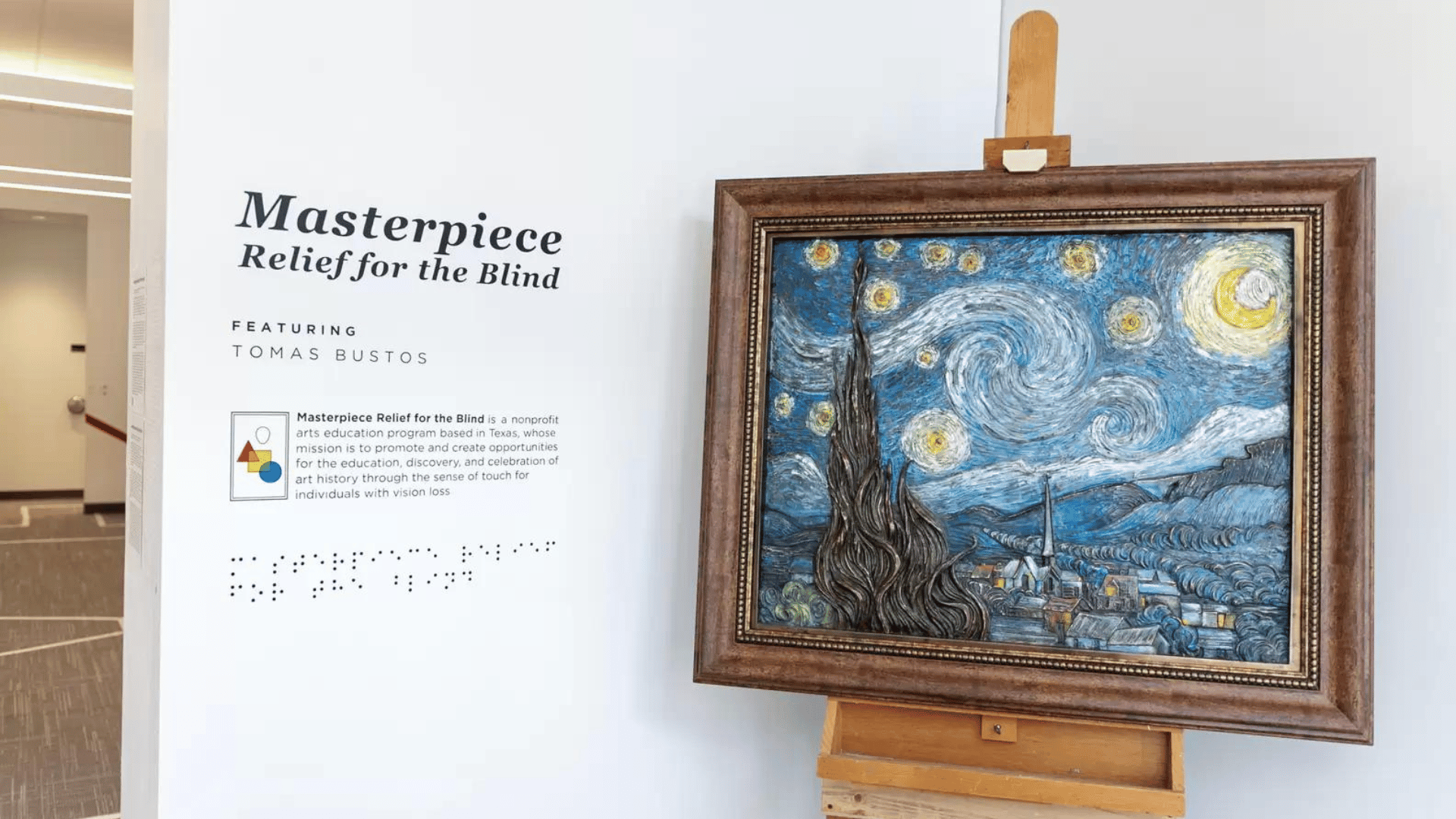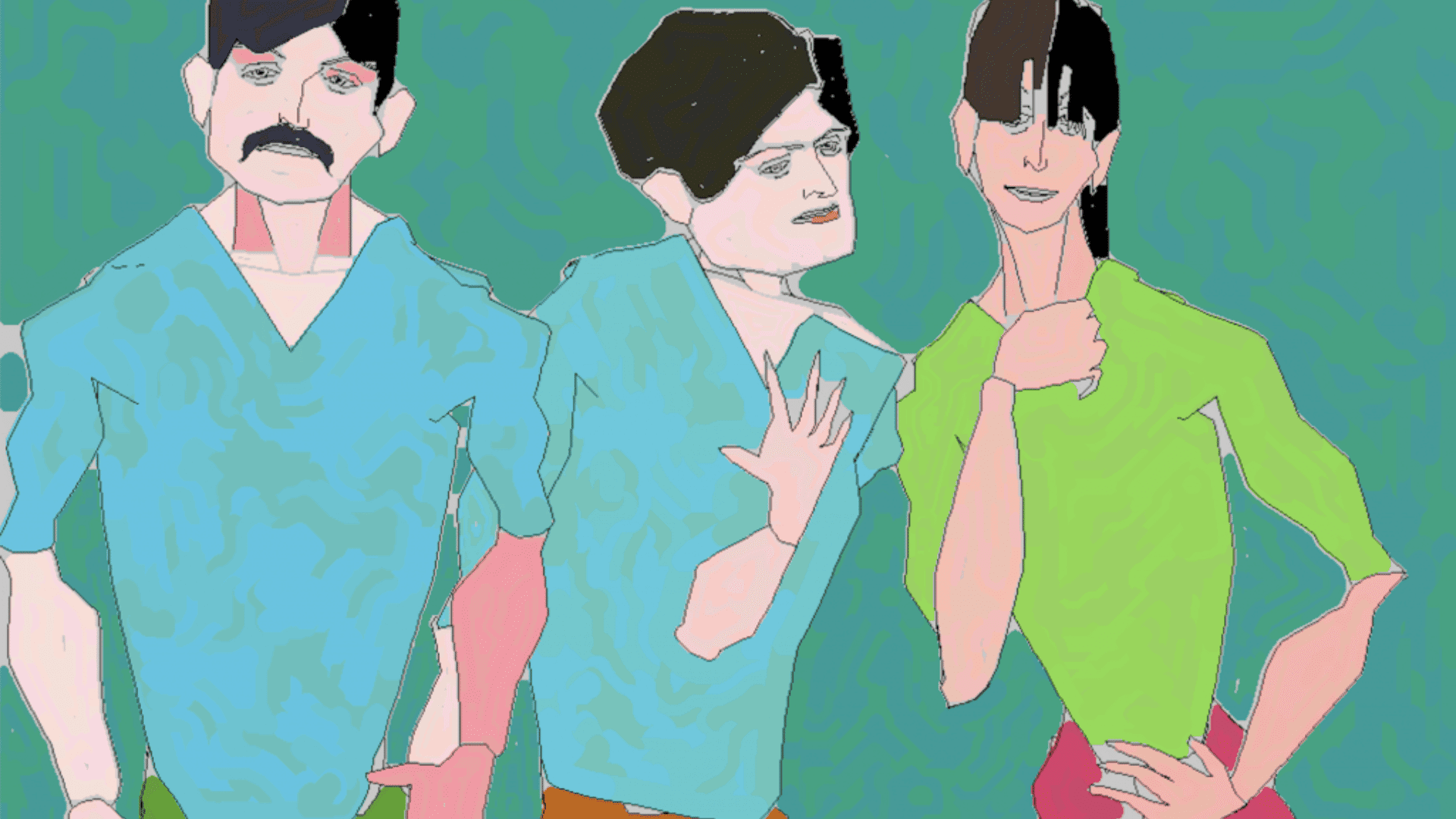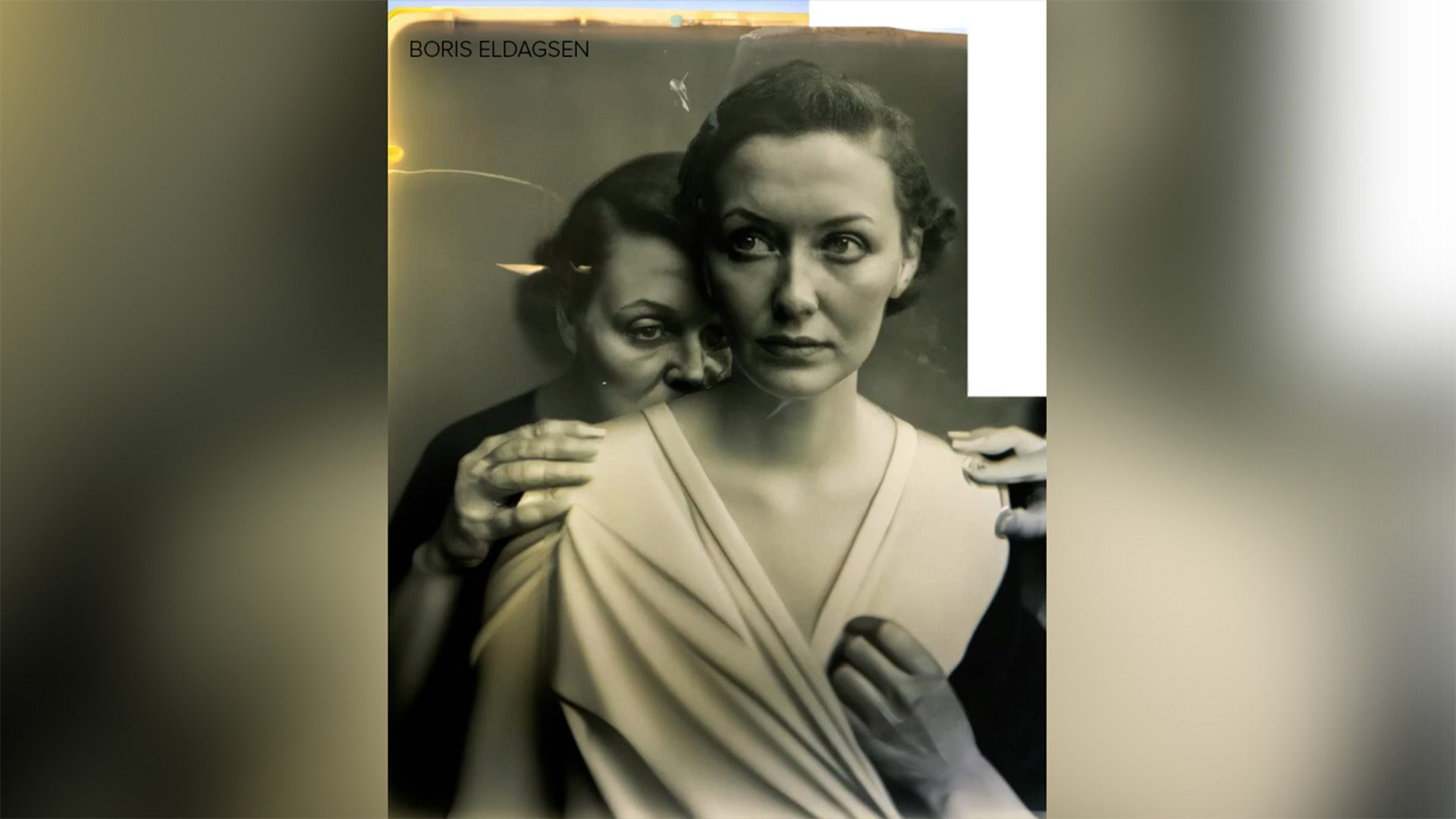The power of artificial intelligence seems endless. In a professional environment and our personal lives, it seems like AI is pretty much everywhere. The same is going for the art industry. Artificial intelligence can craft photos, write sentences, and create videos. Now, using AI software, a camera writes poetry based on a picture it takes.
Pictures to Poetry
Artists use nature as inspiration all the time, whether it’s writing, painting, or drawing. It’s not an uncommon collaboration. But, when the photo you take is transformed into lines of poetry, that is something we have never seen before. That is why Kelin Carolyn Zhang and Ryan Mather are combining AI technology with artistic vision with their all-new Poetry Camera.
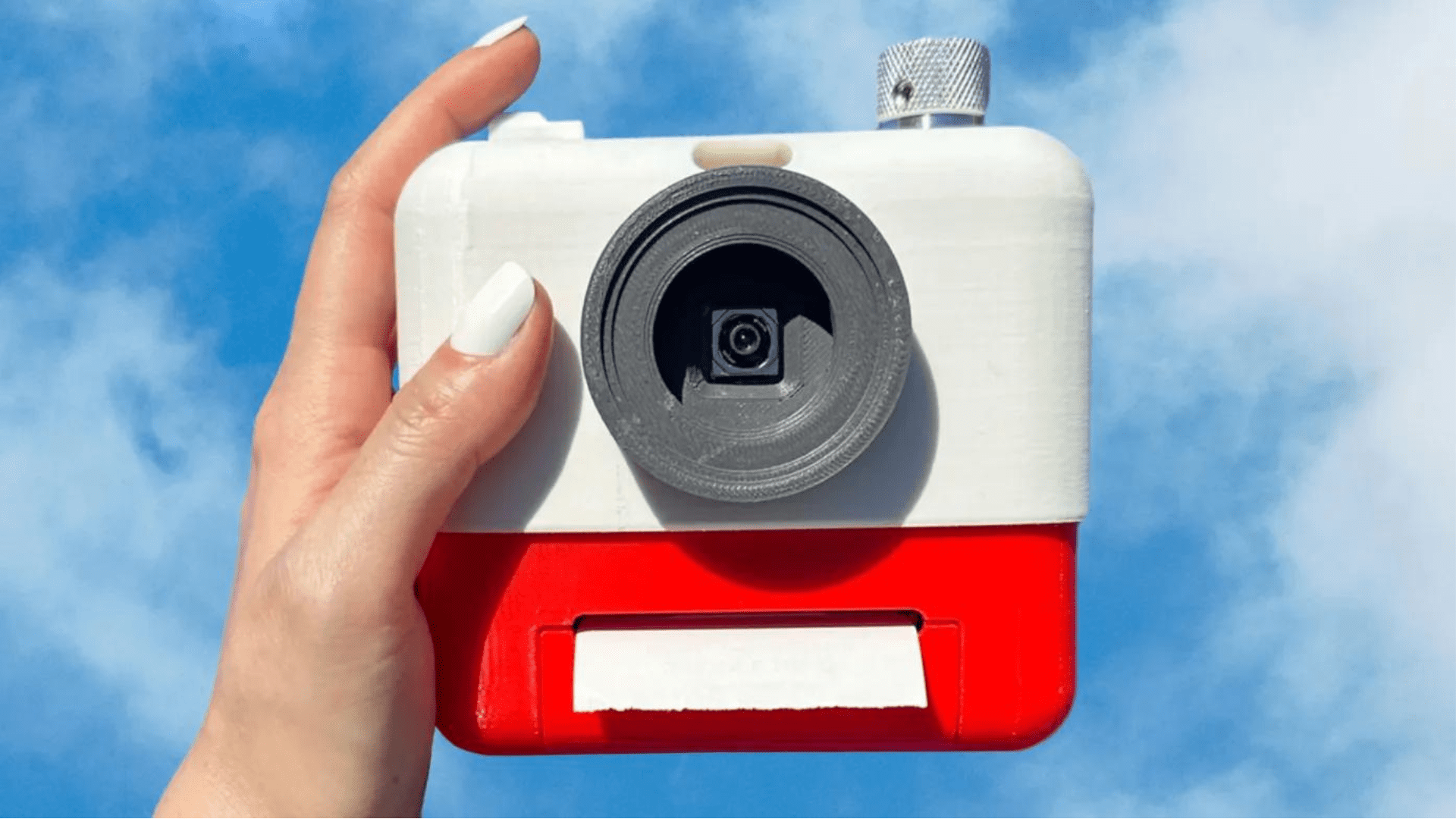
At first glance, the device looks like an ordinary Polaroid camera. But, its capabilities separate it from the norm. Instead of capturing an image, this device generates a poem based on the surroundings it’s focused on. Zhang and Mather have a passion for technology and art. They wanted to combine their worlds into one device—the Poetry Camera.
After experimenting with several AI models in the early stages, Mather combined that with his idea of building a camera. He said, “What if you took a camera, but it was a reaction to Instagram culture? What if text comes out instead of a photo? Everyone prefers the book version over the movie, so it’s like that for capturing moments.”
When the duo improved their prototype, they shared it with friends and family. The reactions were nothing short of astonished according to Tech Crunch. This snowballed into more and more interest from the public. Eventually, the two started making more improvements to the Poetry Camera. What was once a project, turned into consideration for a commercial product.
Explore Tomorrow's World from your inbox
Get the latest science, technology, and sustainability content delivered to your inbox.
I understand that by providing my email address, I agree to receive emails from Tomorrow's World Today. I understand that I may opt out of receiving such communications at any time.
Power of AI
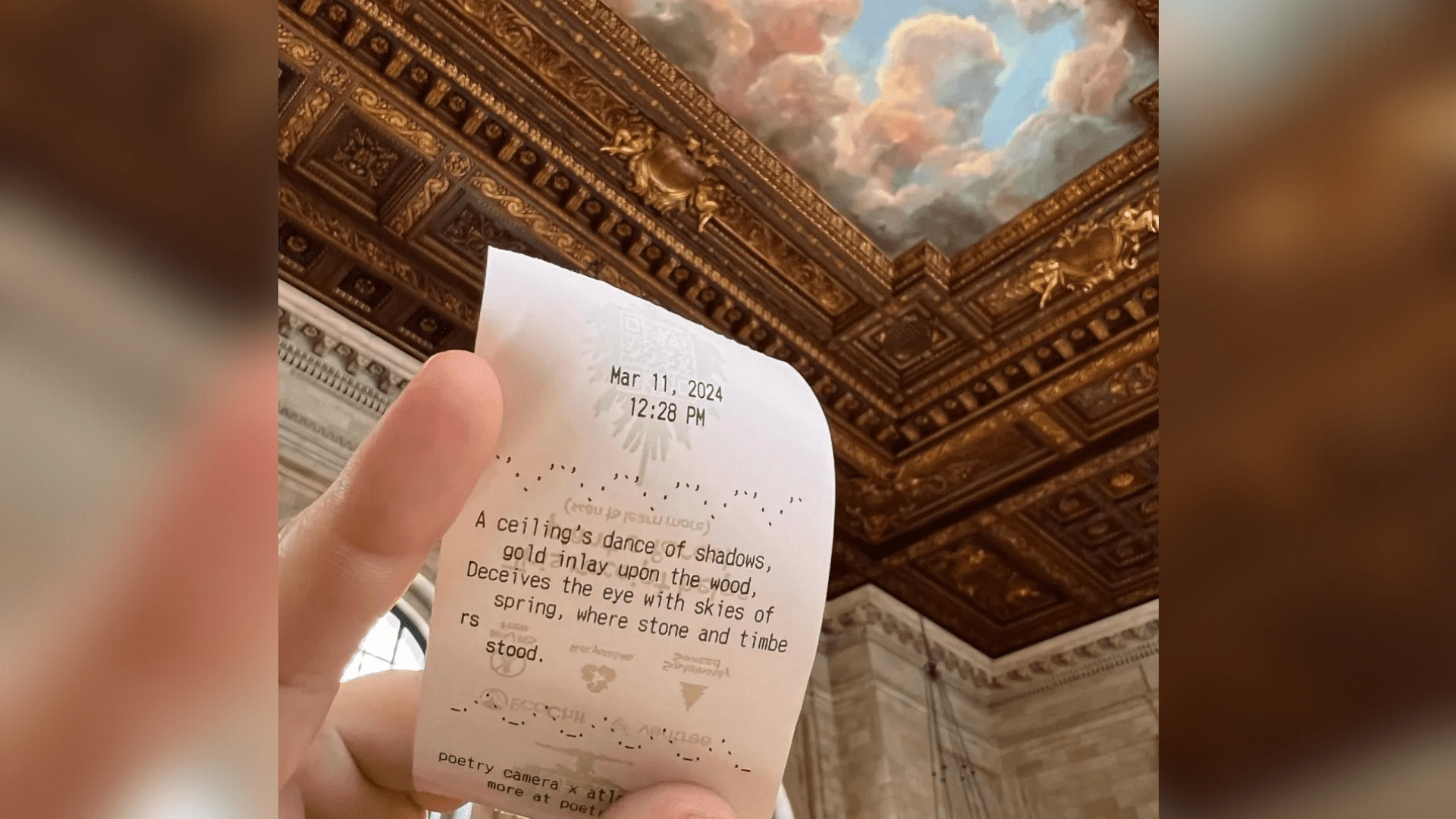
The heartbeat of the revolutionary, poetry-generating camera is a credit card-sized computer board that has powerful abilities. The Raspberry Pi acts as the camera’s brain to capture images and communicate with the device’s OpenAI’s GPT-4 to generate poetry.
While a Raspberry Pi captures the image and analyzes the visual data, the AI software interprets the image to identify key elements, color, emotion, and patterns within the frame. It’s similar to what an artist looks for when painting or what a photographer looks for in their pictures. All of this information the AI model gathers serves as a foundation for the poetry it develops.
Poetry Camera isn’t limited either. Because it is open-sourced, users can select different styles of poetry like haiku, sonnet or free verse. Zhang and Mather’s goal is to encourage engaging dialogue between people based on the words printed from their surroundings. They want to harness a meaningful collaboration between technology and the arts. It also acts as an escape from a technology-dominated world while still using technology. Not everyone is a poet or enjoys poetry but this device brings those people together in an engaging way.
The Future
When the duo came up with the camera, they didn’t expect to receive the response that they got. As it gained more traction, it became the buzz on the internet. But, Zhang and Mather are carefully deciding what their next move will be. Zhang told Tech Crunch, “After the first 100 times people asked, we said, ‘We’re not selling it,’ but after 101 questions, we started thinking about it in more detail, wondering if we should be making it available to people.” While considering a commercial release, Zhang is thinking about the camera’s roots. She said, “But at the same time, it’s an art project, you know? Our initial response was to leave capitalism out of it.”
They want to keep the camera as authentic as possible. The two don’t want to oversaturate the market or put out a product that doesn’t fulfill its potential. Instead of rushing into mass production, they are taking a measured approach. The two are considering limited releases to ensure quality over quantity.
Zhang said, “For this project, it’s not about making money, it’s about making that childish wonder possible again.”



